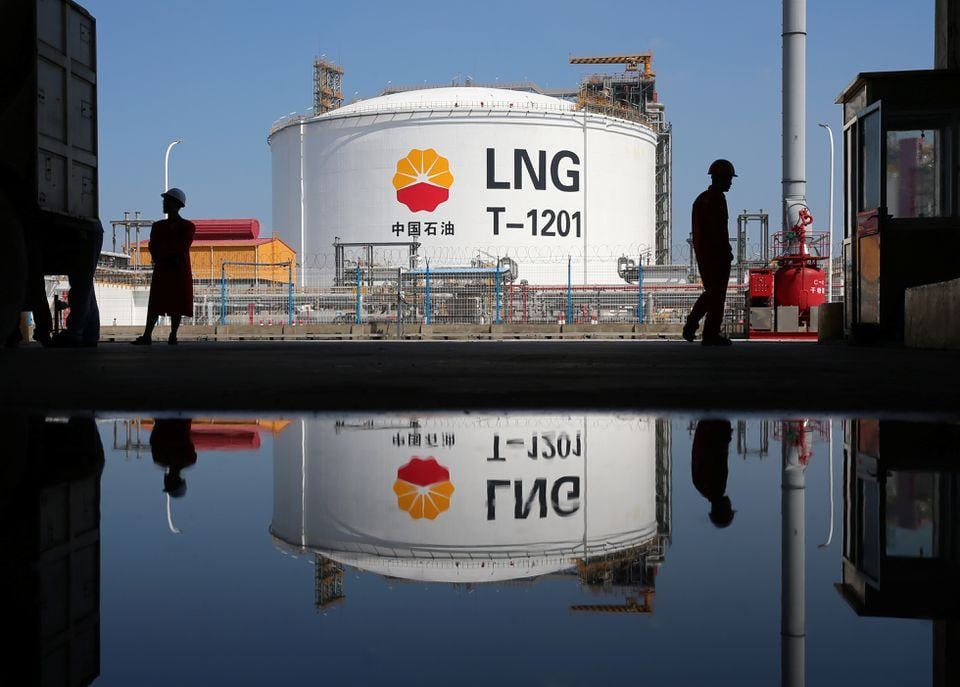Greenpeace, an environmental organization, said on Monday that large oil and gas corporations in China and other countries are “greenwashing” their natural gas imports by utilizing cheap carbon offsets while not adhering to strict emission reduction targets.
Companies like PetroChina (601857. SS) and CNOOC Gas and Power have signed long-term contracts with Shell (SHEL.L) to purchase “carbon neutral” LNG, which uses “forest offsets” to balance out carbon emissions.
According to Greenpeace, the “carbon neutral” label is deceiving the public. Greenpeace has long opposed fossil fuel companies counting carbon offsets toward their emissions reduction targets.
Li Jiatong, a project leader with Greenpeace in Beijing, said, “Carbon offsets are a smokescreen to obscure their continued, redoubled carbon emissions for oil and gas companies in particular.”
A request for a response from PetroChina was not answered. The CNOOC Oil and Gas parent firm stated that it was not directly involved in buying LNG. Regarding Greenpeace’s report, Shell opted not to respond.
According to Greenpeace, many offsets were not being measured consistently and were occasionally being double-tallied. Furthermore, many trees associated with offset programs were susceptible to fires that might cause them to become carbon sources rather than sinks.
According to Greenpeace, credits from 15 forestry carbon sink initiatives in China—which involved Shell, PetroChina, CNOOC, and other companies—have already been banked. However, eighty percent of the projects involved planting flammable trees.
Growing gas demand, especially in Asia, is fueling rising sales of “carbon-neutral” LNG. Greenpeace says almost 85% of carbon-neutral shipments have been sold to Asian customers.
According to the International Energy Agency, China’s gas consumption is predicted to increase to 250 billion cubic meters by 2026 from 216 billion cubic meters the previous year, or about half of the total increase in world demand.
“Carbon neutral” gas is expected to be discussed at the COP28 negotiations, which begin this week, according to Polly Hemming, the Australia Institute’s head of the Climate and Energy Program.
Gas is cleaner than coal and has been called a “bridge fuel” in the global energy transition, while anti-fossil fuel activists are against any new gas projects. Despite this, gas is still a significant source of greenhouse gas emissions.
“Stapling those offsets to fossil fuels and claiming that they are net zero—it’s bonkers,” Hemming added.










































Comment Template